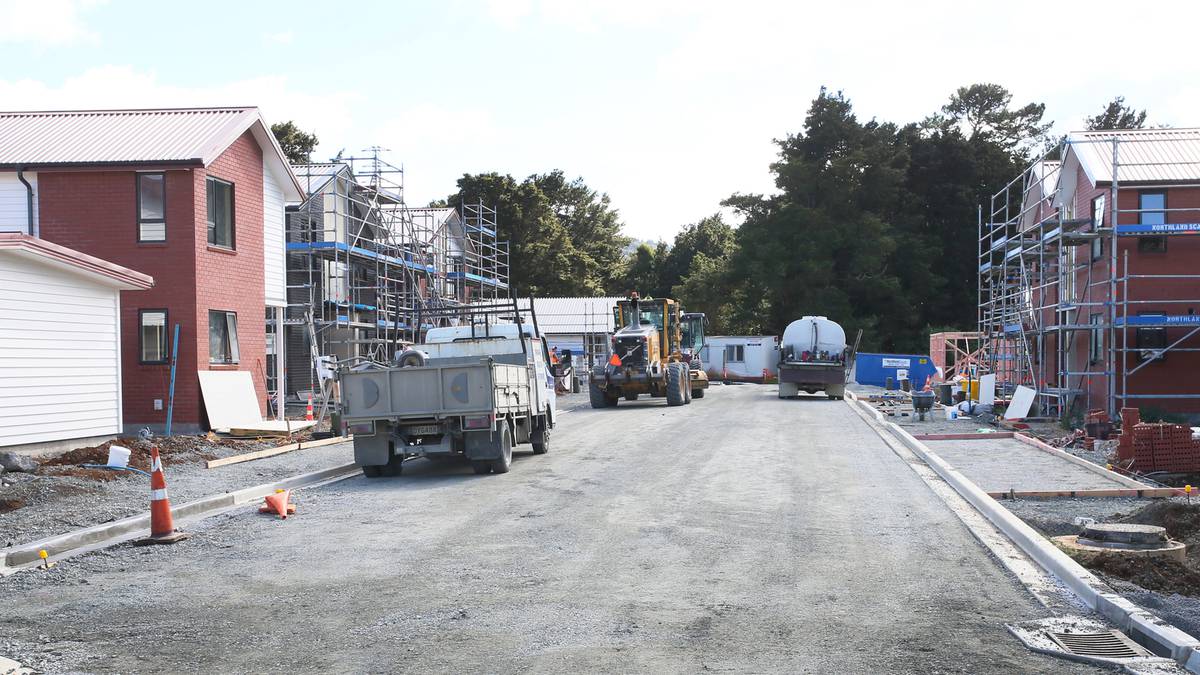Kāinga Ora has spent nearly $10m to buy 13 standalone houses in Whangārei to supplement those being built.
Photo / Tania Whyte
Kāinga Ora spent nearly $10 million buying 13 standalone properties for public housing in Whangārei as the number of people on the waiting list soars to record levels in Northland.
The government agency has further
purchases planned, which they say marks their greatest investment in the region in many years.
The previous $9.8m purchases were made onwards from July 1, 2020, and plans are underway to buy four more in Whangārei and two in Dargaville in the next financial year.
Kāinga Ora acting Te Taitokerau regional director Taina Jones said the agency plans to deliver more than 150 warm, dry state homes in Northland over the next two years.
They would be built mostly in Whangārei, Kaitāia and Kaikohe and would be the largest investment by Kāinga Ora in the region in decades, she said.
“From time to time, we will need to buy existing homes from the private market either to enable better use of land for a planned development or to meet the needs of a tenant/whānau.
“An example might be if we need a five-bedroom home for a whānau in an area where we only have three or four-bedroom homes.”
Jones said 47 people were living in 11 of the 13 houses purchased over the last two years. The remaining two properties were undergoing maintenance to bring them up to Kāinga Ora standards.
She said Kāinga Ora would continue to progress further opportunities to purchase existing homes in Northland where a specific housing need arose.
Figures from the Ministry of Housing and Urban Development (HUD) show there were 1282 people on the housing register in Northland at the end of March — a 28 per cent increase, or 280 more applicants, compared with the first quarter of last year.
The increase was the third highest in New Zealand after Bay of Plenty (42 per cent) and Southern (29 per cent).
At the end of the first quarter this year, there were 2187 public housing occupied homes in Northland and the Ministry of Social Development approved 628 Emergency Housing Special Needs’ Grant worth $740,140 over that period.
The grant is to help individuals and families meet the cost of staying in short-term accommodation, usually a motel, if they are temporarily unable to access a contracted transitional housing place or private rental.
It pays for short-term accommodation for up to seven days at a time.




